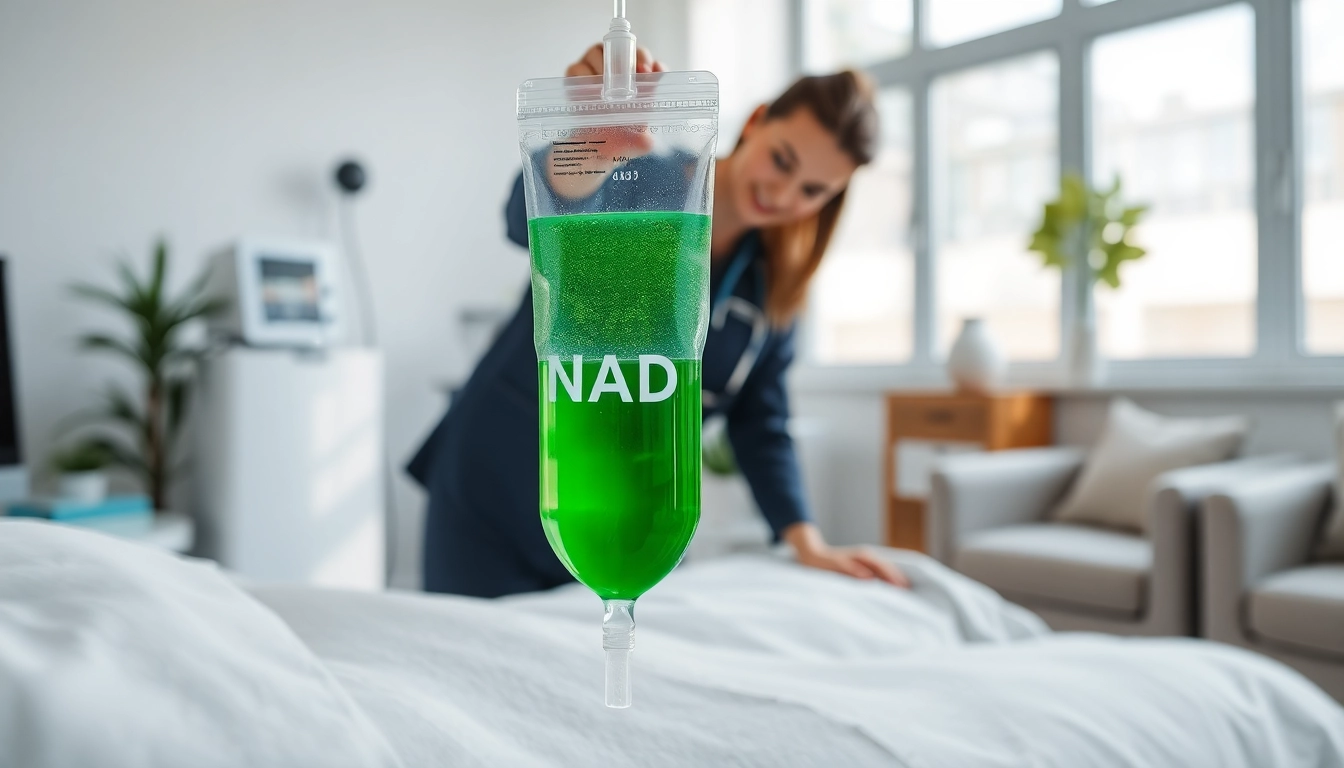What is Attachment Theory?
Attachment theory, a psychological and evolutionary framework, explores the dynamics of long-term relationships, particularly how early interactions with caregivers influence emotional development and relationship styles in adulthood. This theory posits that the bonds formed during infancy and childhood establish foundational patterns that affect behavior, emotions, and social interactions later in life. Understanding these attachment styles offers insights into various mental health disorders, enabling more effective therapeutic approaches.
Foundational Concepts
The cornerstone of attachment theory lies in the idea that the quality of early relationships directly impacts psychological development. According to attachment theorist John Bowlby, children develop a secure base from which they can explore the world if their caregivers provide consistent support and nurturing. This supportive environment fosters a sense of safety and self-worth. Conversely, disruptions or inconsistencies in caregiving can lead to insecure attachment styles, marked by anxiety or avoidance in relationships.
Historical Background
The history of attachment theory dates back to the mid-20th century when Bowlby conducted research into the psychological effects of separation on children. His observations led him to develop a framework that described different attachment styles: secure, anxious, and avoidant. Mary Ainsworth later expanded Bowlby’s work with the Strange Situation experiment, which allowed her to categorize children’s responses to separation and reunion with their caregivers. This empirical research paved the way for later applications in clinical practice, emphasizing the role of attachment in adult relationships, mental health, and therapy.
Importance in Therapy
Incorporating attachment theory into therapeutic practices is vital for addressing emotional and relational challenges. A significant aspect is understanding how attachment styles influence interpersonal dynamics, particularly in romantic, familial, and platonic relationships. Therapists who specialize in attachment theory can help individuals recognize maladaptive patterns rooted in early experiences, guiding them toward healthier relational behaviors. Through therapy, clients can learn to modify their attachment styles, leading to improved emotional regulation and healthier relationships.
Role of an Attachment Theory Specialist
An attachment theory specialist plays a crucial role in helping clients navigate the complexities of their attachment styles and relationships. These professionals apply their knowledge of attachment theory in therapeutic settings to facilitate emotional healing, personal growth, and improved relationship dynamics.
Defining the Specialist’s Function
The primary function of an attachment theory specialist is to assess and treat relational and emotional issues through the lens of attachment theory. They utilize diagnostic assessments to determine a client’s attachment style and its manifestations in their relationships. By providing insights into attachment-based patterns, specialists help clients understand their behaviors and emotional responses, promoting self-awareness and growth. Their ultimate goal is to guide clients in transforming maladaptive attachment styles into more secure, functional ones.
Skills and Techniques Used
Attachment theory specialists are equipped with various skills and therapeutic techniques tailored to address attachment-related issues. These may include:
- Empathy and Active Listening: Building rapport by creating a safe environment conducive to sharing and exploring vulnerabilities.
- Attachment-Based Interventions: Utilizing targeted strategies, such as Emotionally Focused Therapy (EFT), to facilitate emotional connection and address relational patterns.
- Mindfulness Practices: Encouraging clients to engage in present-moment awareness to foster emotional regulation.
- Reflective Exercises: Helping clients recognize patterns in their relationships and promoting healthier choices in their interactions.
The Benefits of Working with a Specialist
Collaborating with an attachment theory specialist yields numerous benefits:
- Enhanced Self-Awareness: Clients gain insight into how their attachment styles influence their relational patterns, aiding personal growth.
- Relationship Improvement: Specialized knowledge helps clients address and overcome challenges in romantic and platonic relationships.
- Emotional Regulation: Clients learn strategies to manage anxiety, fear, and avoidance related to attachment issues.
- Building Security: Therapy provides a framework for developing more secure attachments, leading to healthier relationships.
Common Attachment Styles and Their Impact
Understanding the different attachment styles is crucial for recognizing and addressing relational dynamics. The main attachment styles identified in attachment theory include anxious, avoidant, and secure attachment styles. Each style manifests distinctive patterns of behavior, emotional responses, and interpersonal interactions, significantly impacting relationships.
Anxious Attachment Style
Anxiously attached individuals often exhibit heightened sensitivity to their partner’s behaviors and emotional cues. They may fear abandonment, leading to clinginess or overly dependent behavior in relationships. These fears can stem from inconsistent caregiving during childhood, where affection was often accompanied by unpredictability. Therapists work with clients to develop self-soothing strategies and enhance their emotional resilience, which can improve relationship satisfaction and reduce anxiety-driven behaviors.
Avoidant Attachment Style
Avoidantly attached individuals typically prioritize independence and self-sufficiency, often at the expense of emotional intimacy. This style can emerge from caregiving that was overly distant or rejecting. These individuals may struggle to form emotional connections, often feeling uncomfortable with closeness and intimacy. Therapy focuses on helping avoidantly attached individuals confront their fears of dependency and vulnerability, fostering healthier, more connected relationships.
Secure Attachment Style
Individuals with a secure attachment style feel comfortable with intimacy and are generally open to expressing their emotions. Their healthy relational patterns are rooted in positive early experiences and consistent caregiving. Attachment theory specialists can help others model the traits of securely attached individuals, enhancing relationship dynamics for those with insecure styles.
Methods Employed by Attachment Theory Specialists
Attachment theory specialists utilize various methods tailored to addressing specific attachment-related issues. These approaches not only seek to alleviate symptoms but also aim to foster awareness and positive change in a client’s relationship patterns.
Attachment-Based Therapy Techniques
Attachment-based therapy techniques focus on creating a nurturing therapeutic relationship that mirrors secure attachment dynamics. Some common techniques include:
- Emotionally Focused Therapy (EFT): A structured approach designed to expand and reorganize key emotional responses to facilitate accessibility, engagement, and responsiveness in relationships.
- Reflective Functioning: Helping clients understand their own and others’ mental states improves empathy and connection.
- Systematic Desensitization: Gradual exposure to anxiety-provoking relational scenarios helps clients develop emotional regulation and coping strategies.
Integrating EMDR in Practice
Eye Movement Desensitization and Reprocessing (EMDR) is a therapeutic technique often integrated into attachment-based therapy. EMDR helps clients process and heal from traumatic experiences and emotional wounds linked to attachment. By facilitating the reprocessing of distressing memories, EMDR assists clients in breaking free from cycles of avoidance or anxiety and developing healthier relational patterns. This integration enables specialists to address deep-seated issues that may hinder a client’s ability to establish secure attachments.
Case Studies and Success Stories
Case studies illustrate the transformative power of attachment theory in therapeutic settings. For example:
- A young adult struggling with an anxious attachment style participated in attachment-based therapy, leading to increased self-awareness and improved communication skills in relationships. Over time, they reported feeling more secure and empowered in their interactions.
- A couple facing recurrent conflicts stemming from their respective avoidant and anxious attachment styles sought therapy. Through focused interventions, they learned to recognize and adapt their triggers, resulting in a significant improvement in their emotional connection and communication.
Such narratives highlight the efficacy of attachment theory specialists in fostering emotional healing and repairing relational dynamics.
Finding the Right Attachment Theory Specialist for You
Finding the right attachment theory specialist can significantly influence the therapeutic process. Here are essential factors to consider when searching for a suitable professional.
Key Considerations When Choosing
When selecting an attachment theory specialist, consider the following:
- Qualifications: Ensure the therapist has specialized training and certifications in attachment theory and related therapeutic modalities.
- Experience: Look for a specialist with a robust track record in addressing attachment-related issues, including adult relationships.
- Therapeutic Style: Assess whether their therapeutic approach aligns with your needs, whether it be more structured or flexible.
Questions to Ask During Consultation
During initial consultations, asking targeted questions can help you gauge a therapist’s compatibility:
- What is your approach to working with clients who have different attachment styles?
- How do you measure progress in therapy?
- Can you provide examples of successful outcomes from your therapy?
Resources and Directories for Specialists
Several online resources and directories can aid in finding qualified attachment theory specialists. Websites such as Psychology Today or the Attachment Trauma Network offer searchable databases of therapists based on location and specialization. These platforms allow potential clients to review therapists’ profiles, assess their experience and approach, and contact them easily. Engaging with these resources can significantly enhance your search for the right therapist.














Leave a Reply